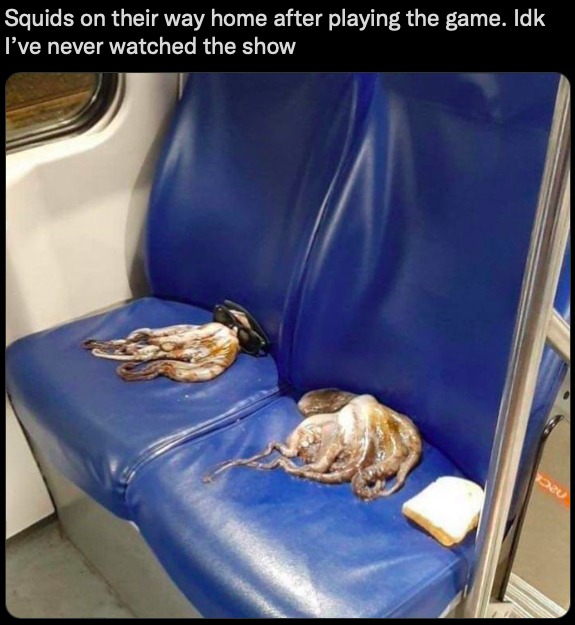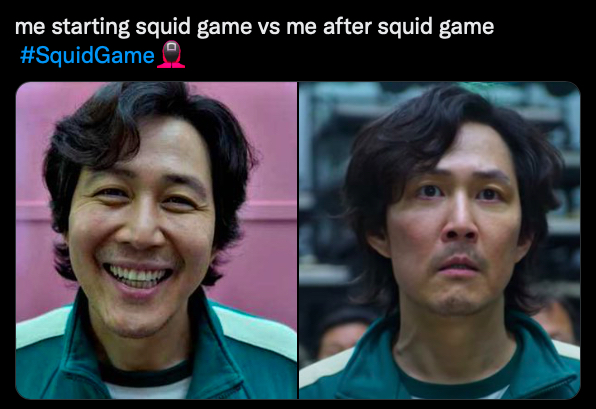Netflix Meme Advertising: Extracting Value from Memes in the Transfer of Capital
This thesis presents a critical assessment and demonstrates the significance of the use of memes as advertising, focusing on their use for the promotion of Netflix Original content. It is a subject that is presently misunderstood due to the lack of research that has been previously conducted; thus, with limited secondary literature to analyse, this research relies on a theoretical framework based on the work of Pierre Bourdieu surrounding the theories of capital, along with primary research and data analysis. Using this creates a foundation for understanding how memes operate as forms of capital and exist within the transfer of capital. This understanding is then supported using the primary data collection from online archives & social media. The quantitative research collated includes the number of interactions on social media, the number of views on the online archives Know Your Meme & Giphy, and the number of streams the content received on Netflix. Through the visual analysis of memes illustrated throughout along with the collation of data, the findings suggest the emergence of memes as a new system of advertising that is capitalised on by global corporations such as Netflix, yet largely generated by users and consumers themselves. An additional finding of this thesis is that even with limited academic publishing, the Consumer & Markets Authority of the United Kingdom have blocked Meta’s £400 million purchase of Giphy and fined it an extra £51.5 million due to anti-competition practices, recognising the enormous value memes hold as advertising. The findings of this research underline the importance of memes as a form of advertising & demonstrate the need to take memes seriously as a part of cultural investigation due to their enormous economic output.



